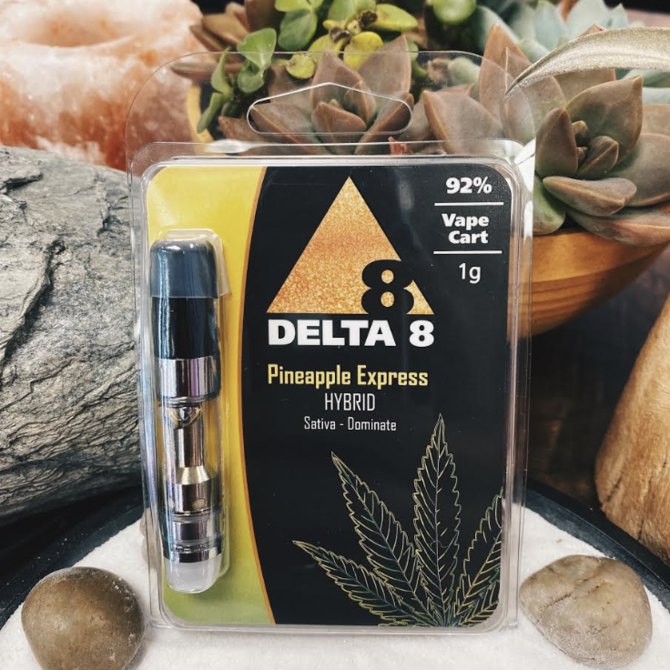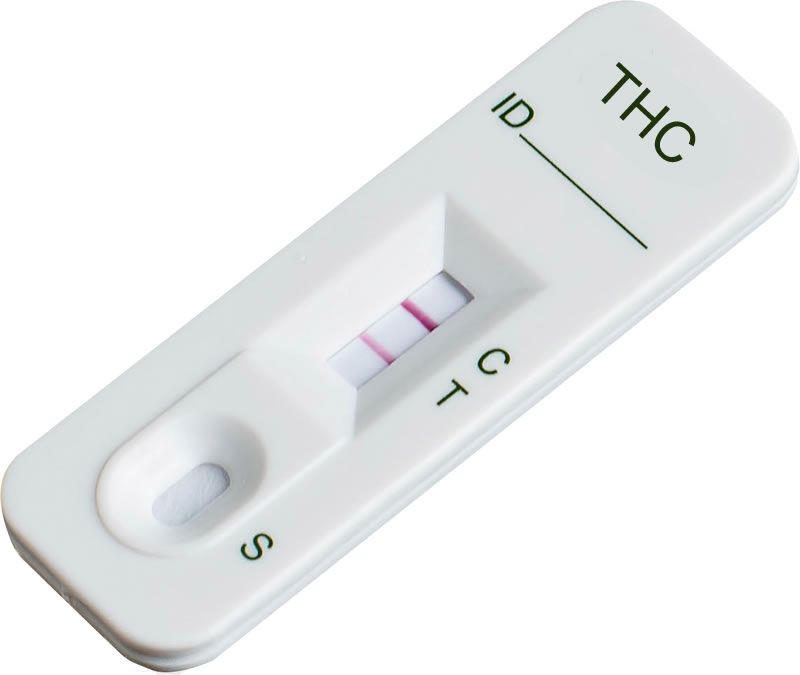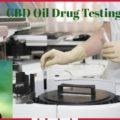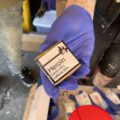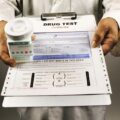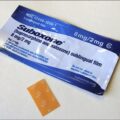A drug test is a technical analysis of your urine, blood, saliva, hair, or sweat to determine the presence or absence of specified parent drugs or their metabolites. A drug test specifically looks for the presence of one or more illegal or prescription drugs. Urine testing is the most common type of drug screening. Drug screening is used to find out whether or not a person has taken a certain drug or drugs. It may be used for:
- Employers.May test you before hiring and/or after hiring to check for on-the-job drug use.
- Sports organizations.Professional and collegiate athletes usually need to take a test for performance-enhancing drugs or other substances.
- Legal or forensic purposes.Testing may be part of a criminal or motor vehicle accident investigation. Drug screening may also be ordered as part of a court case.
- Monitoring opioid use.If you’ve been prescribed an opioid for chronic pain, your health care provider may order a drug test to make sure you are taking the right amount of your medicine.
What is Delta-8?
Delta-8 is a cannabis compound that has become popular because of its similarity to THC, the main compound in cannabis that gets you high, causing euphoria, happiness, sedation, symptom relief, and much more. Large amounts of THC are found in a majority of cannabis strains. The similarities between the two cannabinoids lie in their chemical structures and their names. THC’s scientific name is delta-9-tetrahydrocannabinol, or delta-9 THC, or just delta-9. Delta-8 is short for delta-8-tetrahydrocannabinol, or delta-8 THC. Delta-8 THC can cause effects similar to regular delta-9 THC—but they will be much less potent.
Delta-8 and delta-9 are both forms of THC. In common usage, when people refer to THC they are talking about delta-9 THC. (In this article, when we use the term “THC” without a modifier, we are referring to delta-9 THC.) Currently, the legality of delta-8 is hazy. It can be extracted from either hemp or cannabis. Because of the 2018 farm bill, it removed hemp, defined as cannabis (Cannabis sativa L.) and derivatives of cannabis with extremely low concentrations of the psychoactive compound delta-9-tetrahydrocannabinol (THC) (no more than 0.3 percent THC on a dry weight basis), from the definition of marijuana in the Controlled Substances Act (CSA). As a result hemp can be legally grown and used for extractions all over the United States, making delta-8 legal in states where delta-9 THC is illegal—sometimes.
Nearly all delta-8 THC on the market today is manufactured from hemp-derived CBD, which makes it, in theory at least, part of a federally legal chain of origin. People in states where THC is illegal crave cannabis products and are now looking to delta-8 because it may be legal in their state, even though it is less potent than regular THC. Many extractors are ramping up delta-8 production to meet this new demand and shipping it all over the US. The legal limit set for delta-9 THC in a CBD or hemp-derived product is 0.03%.
How Long Does Delta-8 Stay In Your System?
The length of time Delta-8 remains in your body depends on many different factors, including;
Frequency of use
There is some evidence that the length of time that Delta-8 remains in the body is affected by how often the person uses Delta-8, how much they use, and how long they have been using.
Sex
Women often metabolize Delta-8 at a slightly slower rate since they tend to have higher levels of body fat than male counterparts.
Metabolism
The faster your metabolism, which can be impacted by age, physical activity, and certain health conditions, the faster Delta-8 will exit your body.
Body Mass Index (BMI)
THC metabolites are often stored in the fat cells in your body, so the higher your body fat (or BMI), the slower you’ll likely be able to metabolize and excrete Delta-8.
Hydration
When you’re dehydrated, you’ll have more concentrations of Delta-8 in the body. Flooding yourself with water won’t make you pass a drug test, however. Instead, it will dilute it and you’ll likely need to retake the test.
Smoking vs. Vaping vs. Edibles
The method of use also impacts the detection time. If marijuana is smoked or vaped, the Delta-8 levels in the body will drop faster than if you ingest it. Edibles take longer to break down in the body and leave your system. SEE: New DOT Drug Testing Cutoff Levels 2021/2022
Does Delta-8 Show Up On A Drug Test?
When a drug enters the body, it gets altered (metabolized). This alteration results in other substances called drug metabolites. These drug metabolites may either be inactive or they may be similar or different from the original drug (parent drug) in terms of toxicity or therapeutic activity.
It is important to note that all THC molecules are broken-down into THC metabolites, regardless of whether they delta-9-tetrahydrocannabinol (delta-9 THC) or delta-8-tetrahydrocannabinol (delta-9 THC). As a result, the test will pick them up as THC because the tests do not look for what went in, just what came out(metabolite). According to SAMHSA, most testing for drugs of abuse in hair is performed by targeting parent drugs except for the major metabolite of Δ9-tetrahydrocannabinol (“THC”), 11-nor-Δ9- tetrahydrocannabinol-9-carboxylic acid or THCA (Carboxy-THC, THCCOOH).
This explains why delta-8 THC products can make a person to fail a drug test. Just as with CBD products, delta-8 preparations may contain .3% THC or below. While still a small amount, it may be enough for the drug test to detect, especially if a person is using delta-8 or CBD products regularly. Studies consistently find that frequent weed users are more likely to fail drug tests than infrequent users. A 2012 study in the journal Clinical Chemistry examines marijuana users smoking a single cigarette with 6.8 percent THC. Urine concentrations of THC were highest 0.6 to 7.4 hours after smoking. Using a highly sensitive urine test, researchers detected THC in the urine of 100 percent of frequent users and 60–100 percent of infrequent users.
A 2017 study reports on testing where hair samples from 136 marijuana users reporting heavy, light, or no use of marijuana. For the study, researchers cut hair into 1-centimeter sections to test for exposure of up to a month prior. SEE: CBD Syrup: Benefits, High, Side Effects, Legality


